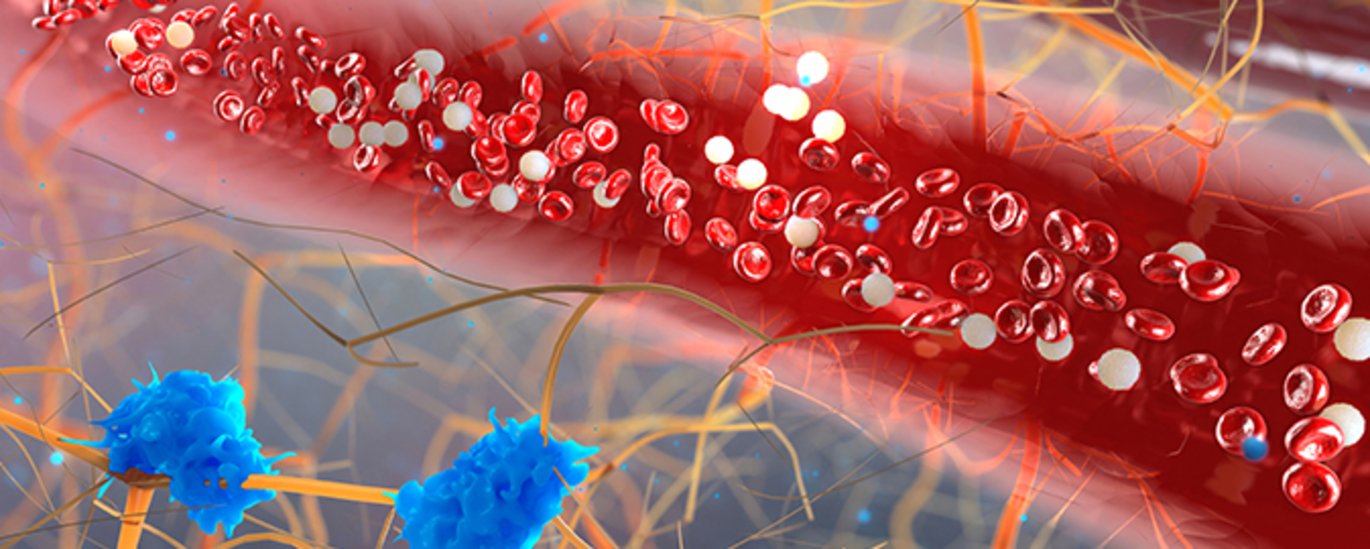Researchers develop new technology for potential early diagnosis of a variety of diseases
Danish researchers have developed a new and faster technology that might pave the way for non-invasive and very early diagnosis of a wide variety of human diseases, which will enable more successful treatments.

The molecular composition of blood is a signature of our physiology, health state, life-style etc., in many ways a highway of biological information difficult to access. Researchers from iNANO have developed a novel technology, APTASHAPE, to translate this “difficult to read” language into digital information.
APTASHAPE involves the use of billions of small biosensor molecules, based on RNA, to provide a readable imprint of proteins and metabolites present in just a microliter of plasma. Together with researchers from the Department of Molecular Biology and Genetics and the Department of Clinical Medicine, the team has published their analysis for bladder cancer patient samples.
In this report, the APTASHAPE method is used to demonstrate that bladder cancer leaves a specific signature of proteins in the blood of the patients and that it even is possible to predict how far the cancer has progressed.
APTASHAPE is currently being investigated further within the Open Discovery Innovation Network (ODIN), as a novel unbiased and high throughput method for identifying biomarkers of other diseases including liver, kidney and Parkinson’s diseases.
It is the hope that the APTASHAPE approach will pave the way for non-invasive and very early diagnosis of a wide variety of human diseases which will enable more successful treatments.
SUPPLEMENTARY INFORMATION, INCLUDING CONTACT INFORMATION
We strive to ensure that all our articles live up to the Danish universities' principles for good research communication. Against this background, the article is supplemented with the following information:
ITEMS | CONTENT AND PURPOSE |
Study type | Experiment |
External funding | This project has received funding from the Carlsberg Foundation. |
Conflicts of interest | The researchers declare that there are no conflicts of interest. |
Link to scientific paper | Søren Fjelstrup, Daniel M. Dupont, Claus Bus, Jan J. Enghild, Jørgen B. Jensen,Karin Birkenkamp-Demtröder, Lars Dyrskjøt and Jørgen Kjems Differential RNA aptamer affinity profiling on plasma as a potential diagnostic tool for bladder cancer NAR Cancer |
Contact information | Professor Jørgen Kjems Assistant professor Daniel Miotto Dupont |
